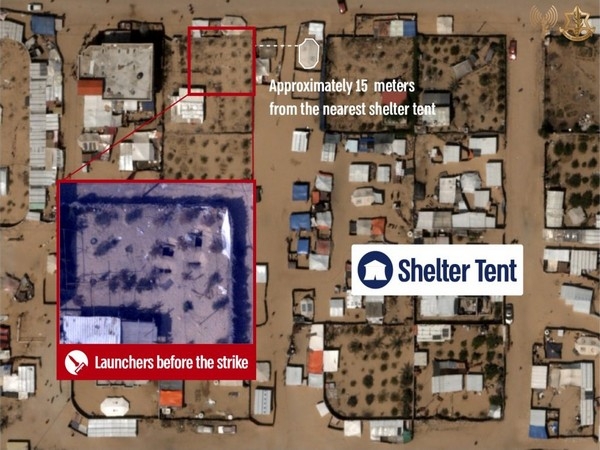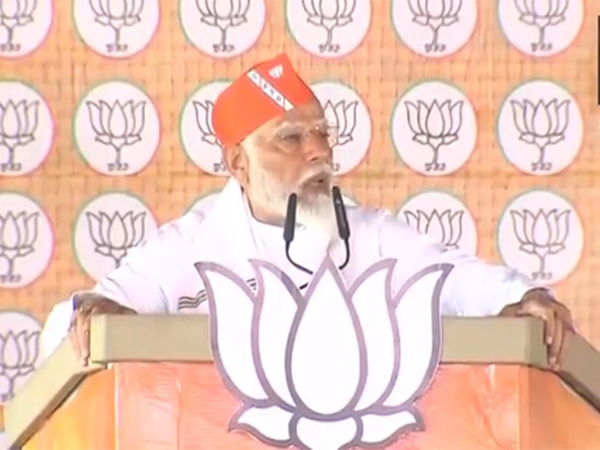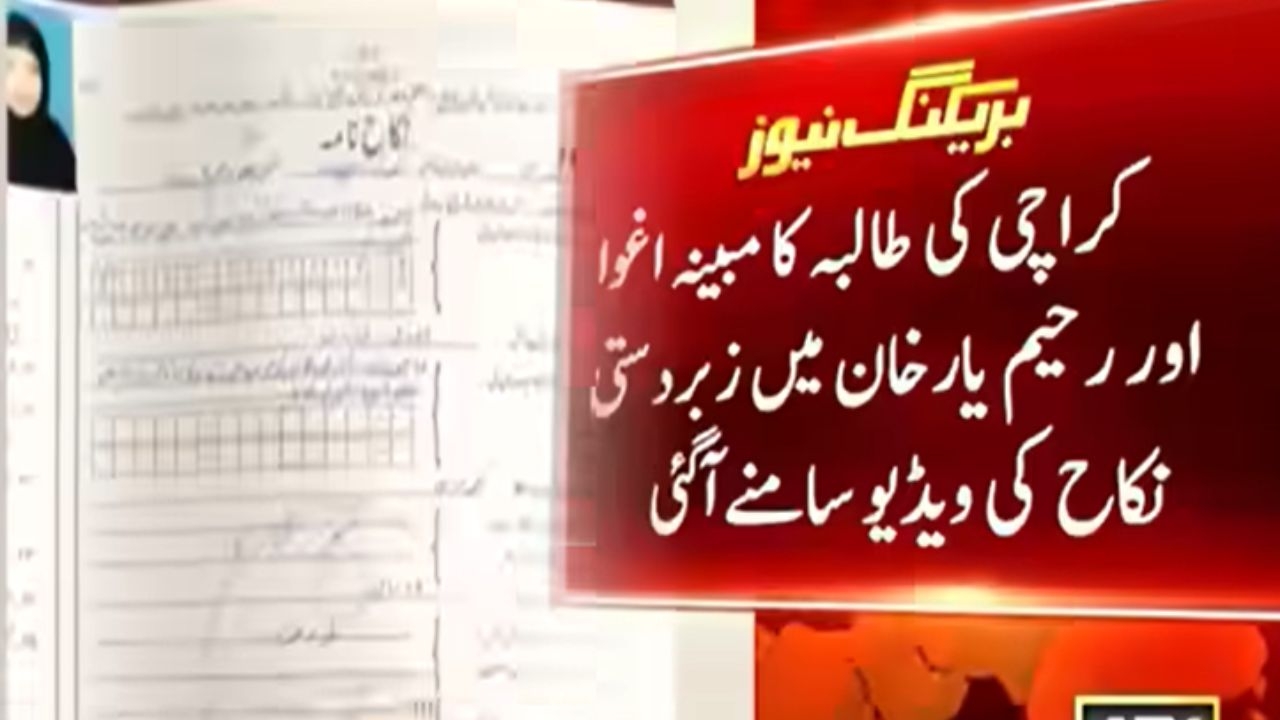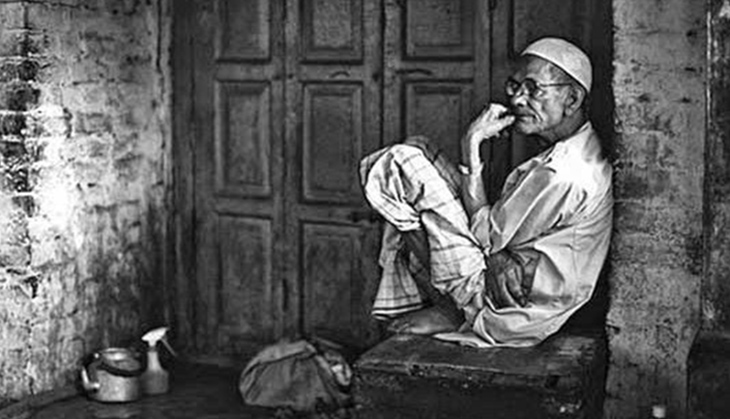
Muslim applicants find it tougher than other community members to rent a house in Delhi, Gurgaon and Noida, reveals a study by the Helsinki-based United Nations University World Institute for Development Economics Research.
From bollywood actors in Mumbai to the latest civil services entrant, who had to adopt a Hindu surname to find accommodation in Pune, there are numerous instances of Muslims finding it difficult to rent houses.
Now, a full-fledged study stands testimony to this discrimination - in the national capital.
Based on a survey conducted on a house-renting portal, the study states: "A Muslim applicant must respond to 45 listings to receive 10 landlord callbacks, while an Upper Caste (Hindu) applicant must respond to only 28.6 listings to receive the same number."
In other words, Muslims have to apply to 60% more houses than upper-caste Hindus, reported the Indian Express.
"While the probability of a landlord responding to the Upper Caste applicant is 0.3, the corresponding probability is 0.22 for Muslim applicants," it states.
In contrast, the study could not find statistically significant evidence of bias against those from Scheduled Castes or Other Backward Classes.
Delhi, Gurgaon and Noida were the chosen geographical areas and four social categories - upper caste Hindu, Muslim, scheduled castes and other backward classes - were analysed. A total of 171 apartments were sent 681 online queries, while calls were received on SIM cards procured for the study.
According to the Indian Express, the study found that a Muslim applicant needs to send about 21 "expressions of interest" to get 10 callbacks, whereas an upper-caste Hindu candidate would need to send only 12 applications. The study also states: "Landlords wait about 6.5 hours longer before calling a Muslim applicant than they do for an Upper Caste candidate."
Landlords offering one-bedroom properties are particularly hesitant in entertaining Muslim applicants. As male applicants for one-bedroom properties are commonly perceived to be single, this suggests that "single Muslim men may be finding it especially challenging to find suitable housing in Delhi and its suburbs", the study revealed.
The study was carried out over two months in the summer of 2015, using one of India's most popular online housing search platforms. It was co-authored by Saugato Datta and Vikram Pathania and published by UNU-WIDER under the title 'For whom does the phone (not) ring? Discrimination in the rental housing market in Delhi, India'.
Datta, who worked as a researcher for the World Bank also has a PhD in Economics from Massachusetts Institute of Technology. He is currently a managing director at US-based ideas42.
Pathania is a senior lecturer in Economics at University of Sussex, UK. He has worked in the World Bank and WHO, and has a PhD from University of California, Berkeley.
Dietary preferences were also cited a major reason to discriminate, as vegetarian landlords prefer vegetarian tenants, the authors noted.
The authors say that while landlords have been clearly able to identify Muslims, they may not have been certain about identities of SCs from their names. Further, they say, landlords may be more comfortable in discriminating online than they would be in person.
In an emailed response to the Indian Express, co-author Datta wrote: "This work shows that we are dealing with a genuine problem. Perhaps, regular tracking and research is required so that this kind of discrimination can be measured across space and time. This is done in the US in order to identify the extent to which other measures are taken.
"Beyond that, there needs to be social change. An awareness that this is a problem would be helpful so that there is a clear legal framework around these issues. We hope that research such as this can help set the stage for further steps to be thought through."


_251372_300x172.jpg)
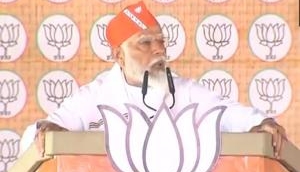
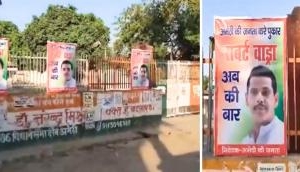

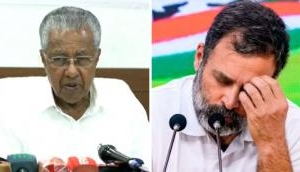
![BJP's Kapil Mishra recreates Shankar Mahadevan’s ‘Breathless’ song to highlight Delhi pollution [WATCH] BJP's Kapil Mishra recreates Shankar Mahadevan’s ‘Breathless’ song to highlight Delhi pollution [WATCH]](http://images.catchnews.com/upload/2022/11/03/kapil-mishra_240884_300x172.png)

![Anupam Kher shares pictures of his toned body on 67th birthday [MUST SEE] Anupam Kher shares pictures of his toned body on 67th birthday [MUST SEE]](http://images.catchnews.com/upload/2022/03/07/Anupam_kher_231145_300x172.jpg)


_251372_1280x720.jpg)
_251371_1280x720.jpg)
